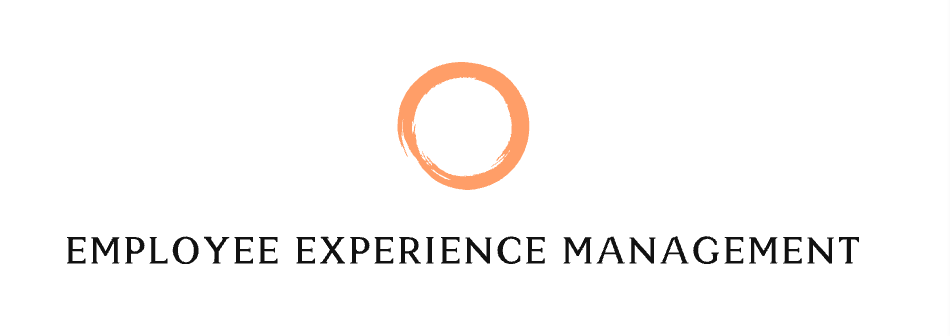What is an Ethical Workplace Culture?
An ethical workplace culture is an environment where employees and management consistently practice integrity, fairness, and honesty in all their actions and decisions. This culture promotes ethical behavior, supports adherence to company values, and ensures that business practices align with legal and moral standards. It involves creating a setting where employees feel safe to voice their concerns, where transparency is the norm, and where everyone is committed to doing the right thing, even when it’s challenging. An ethical workplace fosters trust, respect, and accountability among employees, enhancing the overall organizational environment and contributing to long-term success.
How Do You Build Ethics in the Workplace?
1. Integrate Core Values into the Day-to-Day
To build a strong ethical foundation, integrate core values into daily operations. Clearly define your company’s values and ensure they are communicated and understood by all employees. These values should guide decision-making, behavior, and business practices. Incorporate these values into every aspect of the business, from hiring practices to performance evaluations and customer interactions.
Action Step: Regularly discuss core values in meetings, include them in performance evaluations, and display them prominently in the workplace. Create materials that explain these values and provide examples of how they should be applied in everyday scenarios.
2. It Begins at the Top
Leadership plays a crucial role in establishing and maintaining an ethical workplace culture. Leaders must model ethical behavior, set clear ethical expectations, and hold themselves accountable. Their actions set the tone for the entire organization. When leaders demonstrate a commitment to ethics, it signals to employees that ethical behavior is valued and expected.
Action Step: Ensure leaders receive training on ethical behavior and make ethical decision-making a key component of leadership development programs. Hold leaders accountable for their actions and decisions, and regularly assess their adherence to ethical standards.
3. Reinforce the Message
Consistently reinforce the importance of ethics through regular training and communication. Provide employees with resources and tools to understand and navigate ethical dilemmas. Regularly update training programs to address emerging ethical challenges. Make ethics training an ongoing process rather than a one-time event.
Action Step: Implement mandatory ethics training sessions, share real-life case studies, and use internal communications to highlight the importance of ethics. Develop interactive training modules that engage employees and encourage them to think critically about ethical issues.
4. Create a Safe, Open Space for Communication
Encourage open communication by creating a safe space where employees feel comfortable discussing ethical concerns without fear of retaliation. Implement channels for reporting unethical behavior and ensure that all reports are taken seriously and investigated promptly. Promote a culture of transparency where employees know their concerns will be addressed.
Action Step: Establish an anonymous reporting system and ensure that all employees are aware of it. Promote a speak-up culture where concerns can be voiced openly. Regularly review and address feedback from employees about the reporting process and the handling of concerns.
5. Reward Good Behavior
Recognize and reward employees who demonstrate ethical behavior. Positive reinforcement encourages others to follow suit and reinforces the importance of maintaining high ethical standards. Celebrate ethical behavior publicly to show that it is valued and appreciated.
Action Step: Develop a recognition program that highlights ethical behavior, such as awards, public acknowledgments, or additional responsibilities for ethically exemplary employees. Consider incorporating ethical behavior into performance reviews and promotions.
6. Partner with Ethical Vendors
Extend your ethical standards beyond your organization by partnering with vendors and suppliers who share your commitment to ethics. Conduct due diligence to ensure that your business partners adhere to ethical practices. This ensures that your entire supply chain reflects your values and ethical standards.
Action Step: Develop a vendor code of conduct and perform regular audits to ensure compliance with ethical standards. Choose suppliers who align with your values and demonstrate ethical behavior. Work closely with partners to address any ethical concerns that arise.
Conclusion
Creating and maintaining an ethical workplace culture requires ongoing effort and commitment. By integrating core values into daily operations, ensuring ethical leadership, reinforcing the importance of ethics, fostering open communication, rewarding good behavior, and partnering with ethical vendors, organizations can build a strong ethical foundation. This not only enhances the workplace environment but also promotes long-term success and sustainability for the organization. Embracing ethics as a core element of your company culture will lead to a more trustworthy, respectful, and accountable workplace, which in turn can enhance employee satisfaction, improve brand reputation, and drive business success. An ethical culture is not just a moral imperative but a strategic advantage that can set your organization apart in the marketplace.
FAQs
- What is an ethical workplace culture?
Ethical workplace culture is where employees and management practice integrity, fairness, and honesty in all actions and decisions, promoting trust and accountability.
- Why is it important to have an ethical workplace culture?
An ethical culture enhances employee trust, improves morale, reduces legal risks, and boosts the organization’s reputation, leading to higher productivity and retention.
- How can leaders promote an ethical workplace culture?
Leaders can promote an ethical culture by modeling ethical behavior, setting clear expectations, providing ethics training, and encouraging open communication.
- What are some effective ways to reward ethical behavior in the workplace?
Effective ways to reward ethical behavior include public recognition, incorporating ethics into performance reviews, offering awards, and providing career advancement opportunities.
